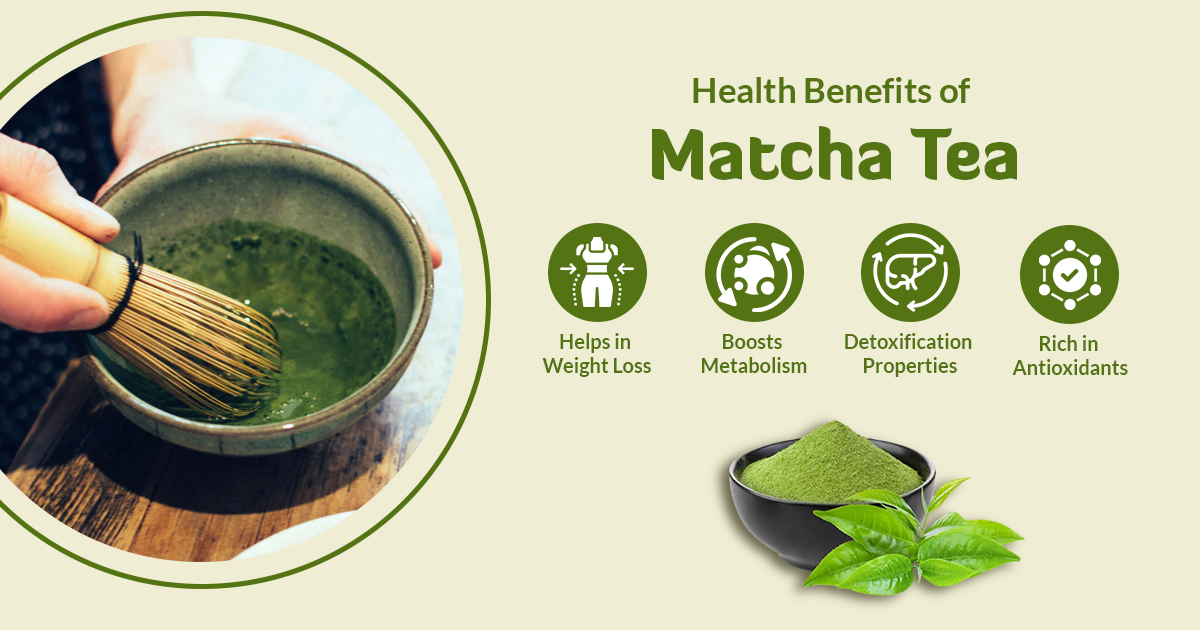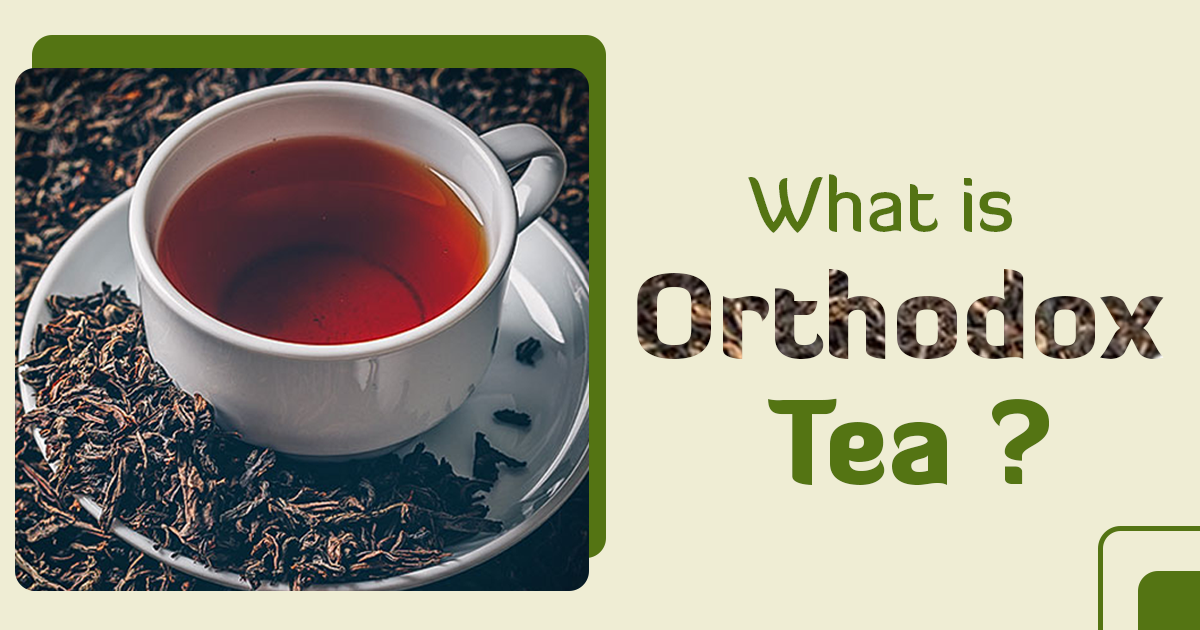Cherished for centuries, chamomile tea is renowned for its calming and soothing effects. This herbal beverage, made from the flowers of the chamomile plant, offers a multitude of health benefits. From promoting better sleep to aiding digestion and relieving menstrual discomfort, chamomile tea has been used for centuries as a natural remedy for various ailments.
What is Chamomile Tea?
Chamomile tea is prepared by steeping the dried flowers of the chamomile plant in hot water. The two most common varieties used for tea are German chamomile (Chamomilla recutita) and Roman chamomile (Chamaemelum nobile). Both varieties belong to the Asteraceae family and have a long history of medicinal use.
Chamomile tea contains flavonoids, terpenoids, and coumarins, which are natural compounds with antioxidant and anti-inflammatory properties. These compounds contribute to the potential health benefits of chamomile tea.
The Health Benefits of Chamomile Tea
1. Improved Sleep Quality
Chamomile tea has a reputation for promoting relaxation and improving sleep quality. The presence of apigenin, a flavonoid in chamomile, has been linked to its calming effects. Research suggests that chamomile tea may help reduce insomnia and improve sleep quality, making it a popular choice for those seeking a good night's rest.
A study conducted on older adults found that regular consumption of chamomile extract led to significant improvements in sleep quality after 28 days. Another review of studies suggested that chamomile tea may be effective in reducing anxiety and improving sleep quality. While more research is needed, chamomile tea is certainly worth considering as a natural sleep aid.
2. Digestive Support
Chamomile tea has been traditionally used to support digestive health. It has antispasmodic and anti-inflammatory properties that may help alleviate gastrointestinal issues such as bloating, indigestion, and diarrhea. Chamomile tea's gentle stimulation of digestion can also aid in soothing an upset stomach.
Studies have shown that chamomile extracts can effectively reduce flatulence and relieve inflammation in the digestive tract. While more human research is needed, chamomile tea is often recommended as a natural remedy for digestive discomfort.
3. Relief from Menstrual Discomfort
For those experiencing menstrual pain and discomfort, chamomile tea may provide relief. It has been found to have anti-inflammatory and antispasmodic properties, which can help alleviate menstrual cramps and reduce bloating. Drinking chamomile tea during the menstrual cycle may also help ease emotional symptoms associated with premenstrual syndrome (PMS).
Several studies have shown that chamomile can effectively reduce menstrual pain and bleeding. Its soothing properties make it a popular choice for those seeking natural remedies for menstrual discomfort.
4. Blood Sugar Regulation
Chamomile tea may have potential benefits for individuals with diabetes or those at risk of developing the condition. Research suggests that chamomile tea can help regulate blood sugar levels by addressing insulin resistance and reducing oxidative stress.
Several studies have indicated that chamomile tea may improve glycemic control, decrease insulin levels, and lower hemoglobin A1C levels in individuals with type 2 diabetes. The flavonoids and other bioactive compounds in chamomile tea contribute to its potential antidiabetic effects. Yet, additional exploration is necessary to grasp its mechanisms and advantages comprehensively.
5. Anti-Inflammatory Effects
Chronic inflammation is linked to diverse health issues such as cardiovascular disease, arthritis, and autoimmune disorders. Chamomile tea contains compounds that have been shown to reduce inflammation in the body.
The flavonoids and other active compounds in chamomile tea possess anti-inflammatory properties. By reducing inflammation, chamomile tea may help alleviate symptoms related to various inflammatory conditions and promote overall health.
6. Potential Cancer Prevention
Certain compounds found in chamomile tea have been studied for their potential cancer-fighting properties. Test-tube studies have suggested that chamomile may help inhibit the growth of cancer cells and prevent the development of certain types of cancer, including liver, cervical, and leukemia.
Although more research is needed, these preliminary findings indicate that chamomile tea may have potential as a complementary therapy in cancer prevention. However, chamomile tea should not replace conventional cancer treatments.
7. Relaxation and Stress Relief
Chamomile tea is renowned for its relaxation-inducing properties. The soothing aroma and calming effects of chamomile tea can help reduce anxiety and promote a sense of tranquility. It is often used as a natural remedy to combat stress and promote overall well-being.
Studies have shown that chamomile tea can help reduce symptoms of anxiety and improve sleep quality, which are closely linked to stress levels. By incorporating chamomile tea into your daily routine, you may experience a greater sense of relaxation and relief from stress.
Precautions and Considerations
Although chamomile tea is generally deemed safe for most individuals, it's essential to bear in mind a few precautions:
Allergies: Some individuals may have allergies to chamomile or other plants in the Asteraceae family. If you have known allergies to ragweed, chrysanthemums, marigolds, or daisies, you should avoid chamomile tea.
Potential Medication Interactions: Chamomile could interact with specific medications, including blood thinners. If you are taking any medications, it is advisable to consult with your healthcare provider before incorporating chamomile tea into your routine.
Pregnancy and breastfeeding: While chamomile tea is generally safe, pregnant individuals should exercise caution and consult with their healthcare provider before consuming it regularly.
Limited research suggests that chamomile tea may increase the risk of preterm labor or miscarriage.
Infants and young children: Infants and young children should avoid chamomile tea due to the potential presence of botulism spores, which can be harmful to their underdeveloped immune systems.
Conclusion
Chamomile tea offers a range of potential health benefits, from promoting better sleep to alleviating menstrual discomfort and supporting digestion. Its anti-inflammatory, antioxidant, and relaxing properties make it a popular choice for those seeking natural remedies.
While chamomile tea is generally safe and well-tolerated, it is important to be aware of potential allergies, medication interactions, and considerations for specific populations. As with any herbal remedy, it is always best to consult with a healthcare provider before incorporating chamomile tea into your routine.
By embracing the soothing and health-promoting properties of chamomile tea, you can enhance your well-being and experience the natural benefits it has to offer. So sit back, relax, and enjoy a cup of chamomile tea for better health and relaxation.




